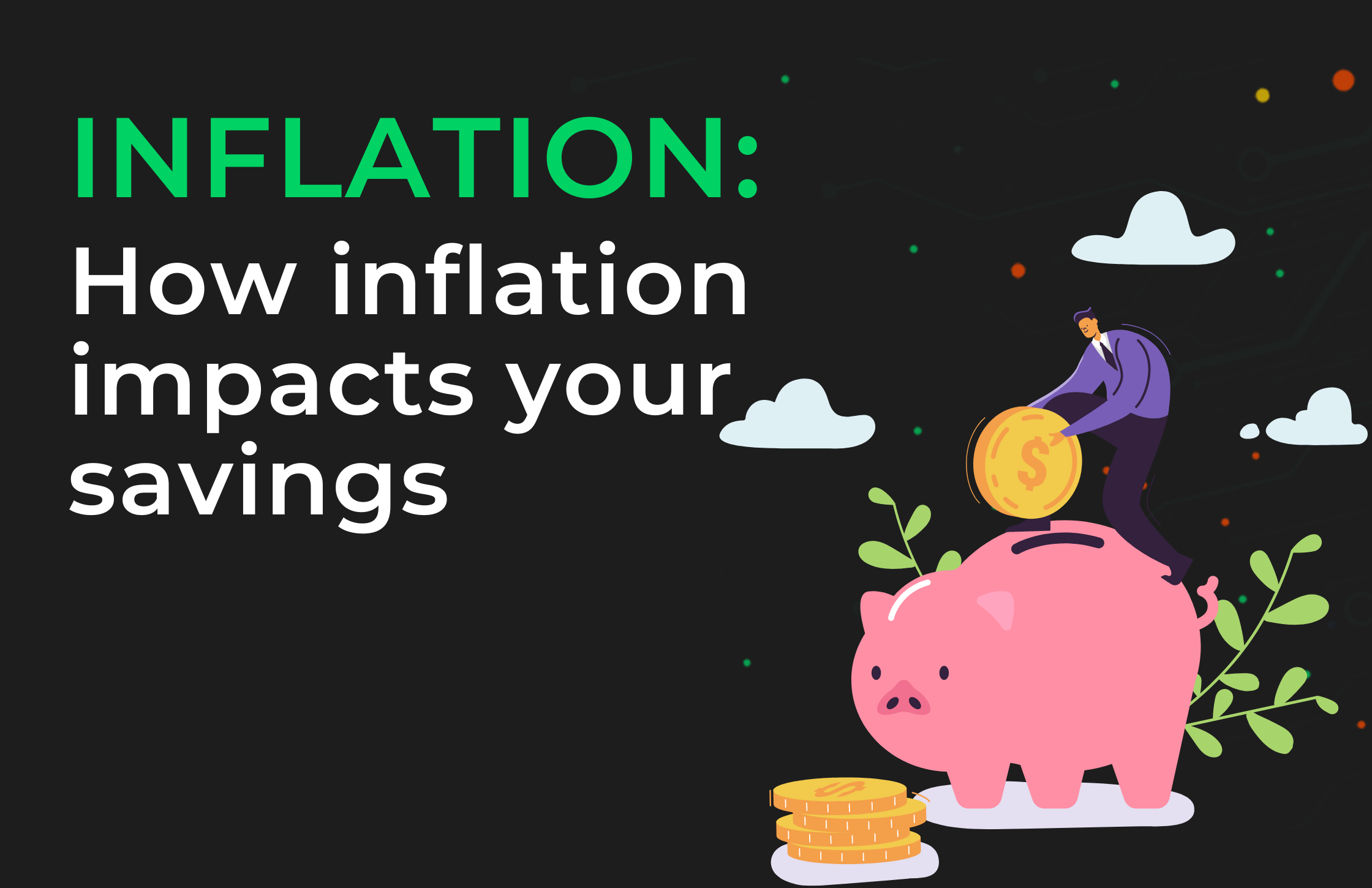Inflation is a hot topic in 2024, as global economies grapple with rising prices and escalating living costs. But what exactly is inflation, and how does it affect your personal finances? Whether you’re an investor, a saver, or someone trying to make ends meet, understanding inflation is essential to safeguarding your wealth and making informed financial decisions.
1. What Is Inflation?
Inflation refers to the increase in prices of goods and services over time, which leads to the erosion of purchasing power. Simply put, as inflation rises, the money in your pocket buys fewer goods. For example, if the inflation rate is 5%, a product that cost $100 last year will now cost $105. While some inflation is normal in a growing economy, persistent high inflation can have significant economic and personal impacts.
Key causes of inflation include:
- Demand-pull inflation: When demand for goods exceeds supply, leading to higher prices.
- Cost-push inflation: Rising production costs, such as wages and raw materials, push prices higher.
- Monetary inflation: Excess money supply in the economy can lead to higher inflation, especially when demand is stable.
2. The Economic Impact of Inflation
Inflation affects not only individuals but entire economies. In a high-inflation environment, consumers pay more for everyday necessities, reducing disposable income for savings and investments. Businesses, on the other hand, face higher operational costs, which can squeeze profit margins and lead to slower growth.
Central banks, such as the U.S. Federal Reserve or the European Central Bank, aim to control inflation by adjusting interest rates. During periods of high inflation, they may increase rates to slow down spending and reduce demand. However, these policies can also raise borrowing costs, making it harder for both individuals and companies to finance new projects or purchases.
3. How Inflation Impacts Your Personal Finances
Inflation’s most direct effect on personal finance is through purchasing power. For example, your grocery bill, rent, and utility costs rise over time, but if your income doesn’t increase at the same pace, it feels like you’re earning less.
Savings and Investments
Inflation can eat away at the value of your savings, especially if they’re sitting in low-interest accounts. For instance, if inflation is at 6% but your savings account only yields 2%, you’re effectively losing money. This is why many financial experts recommend investing in inflation hedge strategies like stocks, commodities, or inflation-protected securities (like Treasury Inflation-Protected Securities, or TIPS) that grow with or outpace inflation.
Debt
Inflation has a mixed impact on debt. While inflation increases the cost of borrowing in the form of higher interest rates, it can also reduce the real value of long-term fixed-rate loans. If you’re repaying a mortgage with a low fixed interest rate, inflation could make those payments feel lighter over time, as your wages grow (in nominal terms), but your loan payments remain constant.
4. Inflation and Investment Strategies
In an inflationary environment, choosing the right investment strategy is critical to protect and grow your wealth. Some popular investment options during inflation include:
- Stocks: While inflation often creates volatility, stocks in sectors like energy, utilities, and consumer goods tend to perform well during inflation because these companies can pass higher costs onto consumers.
- Commodities: Precious metals like gold and silver are traditional inflation hedges. As inflation rises, the value of these assets typically increases.
- Real estate: Real estate investments, particularly in rental properties, can be a strong hedge against inflation as property values and rental income tend to rise with inflation.
- Bonds: Fixed-income securities, like traditional bonds, tend to underperform during inflation, but inflation-linked bonds such as TIPS can provide protection.
5. Inflation-Proofing Your Finances
Here are some practical steps you can take to protect your finances during inflation:
- Increase your earnings: Seek ways to increase your income, whether through side gigs, salary negotiations, or investing in skill development.
- Diversify your investments: Spread your risk by diversifying into asset classes that perform well during inflation, such as stocks, real estate, and commodities.
- Reassess your budget: Monitor your spending and cut unnecessary costs to ensure you’re not overburdened by rising prices. Prioritize essential expenses, and consider making bulk purchases of non-perishable goods before prices rise further.
- Invest in inflation-protected assets: Consider allocating a portion of your portfolio to inflation-protected securities like TIPS or commodities to hedge against future inflation.
Conclusion: Prepare for an Inflationary Future
Inflation is an unavoidable part of the economic cycle, but its effects on your personal finances don’t have to be. By understanding inflation’s impact on savings, investments, and debt, and by using inflation protection strategies, you can protect your wealth and navigate the challenges that inflation presents.
Inflation will continue to be a key concern for individuals, businesses, and policymakers. Whether you’re saving for retirement or managing a portfolio, staying proactive and adapting to inflationary pressures will help you maintain financial security in the long run.


